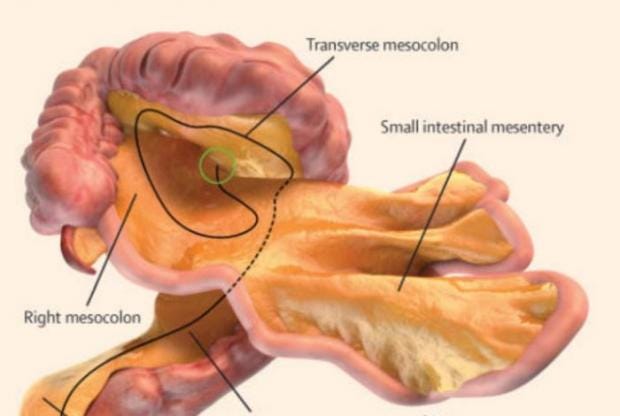
Nigerian Lady Is The Best Pharmacist In UK For The Year 2016 -
Olutayo Arikawe had a great 2016 grabbing an award as Britain’s Pharmacist of the Year. A community pharmacist and pharmacist manager at Priory Community Pharmacy in Dudley, Arikawe had earlier won the Chemist and Druggist (C+D) Community Pharmacist of the Year and Pharmacy Manager of the year awards.
As a visiting lecturer at the University of Wolverhampton, she gives career advice and offers work placements for students. Arikawe spoke to TheCable about her professional journey since relocating to the United Kingdom in 2005.
Import of the ‘I Love My Pharmacist Award’
‘The I Love My Pharmacist’ award was created by the Royal Pharmaceutical Society, the professional body for pharmacists in Great Britain, to showcase and celebrate the great work that pharmacists do for their patients across the country. It actually celebrates Britain’s best pharmacists.
Pronouncement of the winner of the award
I was shortlisted by an expert panel to become one of 23 regional finalists back in June 2016. The members of the public then voted for their favourite pharmacist. I won the regional award for midlands and east. In September, the other five regional winners and I had to present to another expert panel that adjudged me the national winner.
Other awards in 2016
Yes, I was privileged to have won two awards at the Chemist and Druggist (C+D) awards: the Community Pharmacist of the Year and Pharmacy Manager of the Year. I also won the public health pharmacist of the year at the Royal Pharmaceutical Society Awards. I have also won many local and other national awards.
As a visiting lecturer at the University of Wolverhampton, she gives career advice and offers work placements for students. Arikawe spoke to TheCable about her professional journey since relocating to the United Kingdom in 2005.
Import of the ‘I Love My Pharmacist Award’
‘The I Love My Pharmacist’ award was created by the Royal Pharmaceutical Society, the professional body for pharmacists in Great Britain, to showcase and celebrate the great work that pharmacists do for their patients across the country. It actually celebrates Britain’s best pharmacists.
Pronouncement of the winner of the award
I was shortlisted by an expert panel to become one of 23 regional finalists back in June 2016. The members of the public then voted for their favourite pharmacist. I won the regional award for midlands and east. In September, the other five regional winners and I had to present to another expert panel that adjudged me the national winner.
Other awards in 2016
Yes, I was privileged to have won two awards at the Chemist and Druggist (C+D) awards: the Community Pharmacist of the Year and Pharmacy Manager of the Year. I also won the public health pharmacist of the year at the Royal Pharmaceutical Society Awards. I have also won many local and other national awards.












 at least and possibly your calipers as well. Rotors and calipers are much more expensive to replace than pads. There is no such thing as "cleaning" a brake pad while it is still on a car - the friction between the pad and rotor will eradicate any outside substance almost immediately.
at least and possibly your calipers as well. Rotors and calipers are much more expensive to replace than pads. There is no such thing as "cleaning" a brake pad while it is still on a car - the friction between the pad and rotor will eradicate any outside substance almost immediately.

